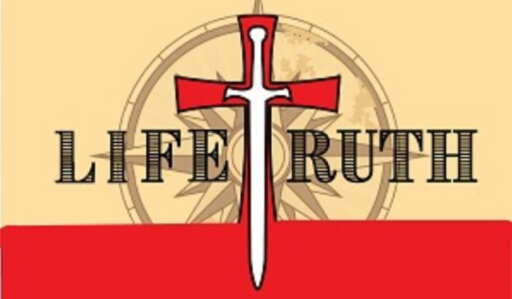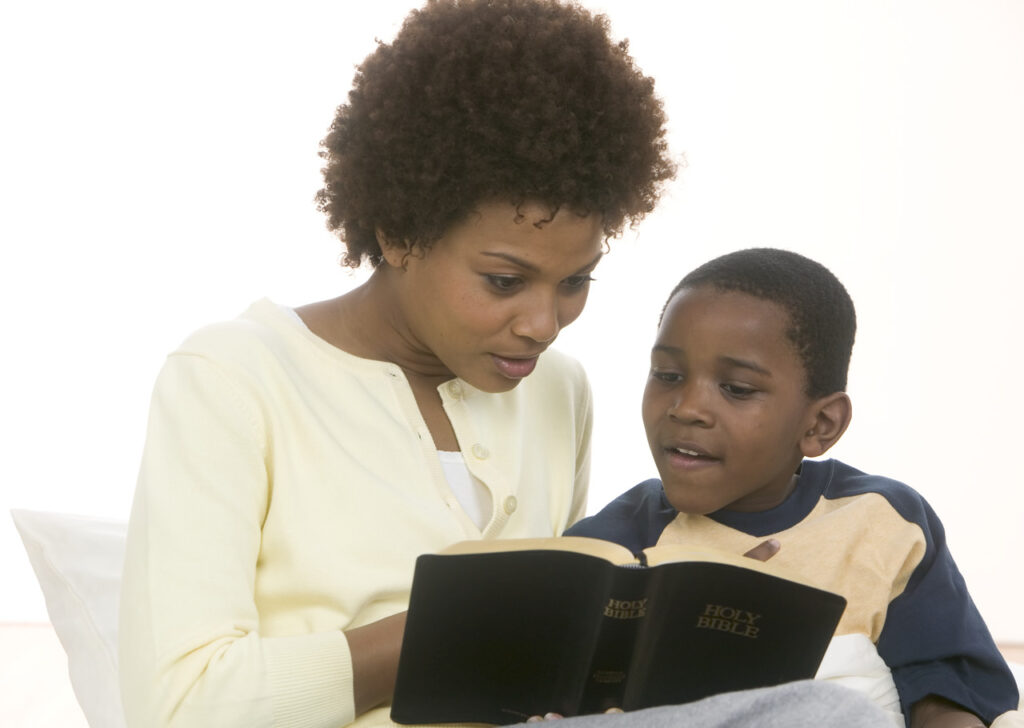A look at MOTHERHOOD, based on an article from the Biblical Illustrator Winter 2014. Extra comments, observations, and reflections are added from your podcast hosts. Show notes are a condensed version of the full article.
![]()
Women played an important role full of responsibility and duty to both the family and community. Mothers were a source of stability and honored for the blessing of childbearing. The law commanded children to honor their mothers equally with their fathers (Lev. 19:3),
Motherhood was desired, and women regarded their barrenness as shameful and embarrassing. This shame might have been stronger in the Jewish community than in the Greco-Roman society in general. Not only was there no criticism among Greco-Romans for women who were childless, but they also had no shame for abandoning unwanted newborn infants.
Regarding birth and infant care, most women gave birth at home with the help of a midwife, or her mother and other female relatives. With little medical knowledge, infant mortality and danger to the mother ran high. Fathers didn’t normally play a role in the birth process, but certain rituals or cultural practices accompanied the childís birth, including naming the infant. Either fathers or mothers could name the newborn, whether it was a girl or boy.
There were also rituals surrounding purity for mother and child with circumcision for males.
Raising and educating children was a joint effort. Mothers were in full charge of children up to the age of 5 to 7 years old. From then on, boys went to their fathers to learn a trade while girls stayed with their mothers to hone domestic skills. . In both cases, children continued to learn moral practices, national heritage, and religious customs. Mothers were still equal in authority as fathers in a child’s training.
A mother’s activities demanded time-consuming, manual chores. A womanís tasks included cooking and cleaning. Beyond this, she had to perform those duties that related to her husband, duties that included washing her husbandís face, hands, and feet.
Food preparation included sifting grain to remove any impurities, grinding the grain into flour, gardening and butchering. The mother often milked the familyís goat. Some even worked in the fields.
Other domestic duties meant sewing and keeping clothing clean. This included spinning the thread, weaving the fabric, sewing, mending, and washing. A trip to the local well was made throughout the day, especially in the morning and evening. Women also kept the oil lamps and wood stoves burning. With the help of their daughters, they kept the house swept and clean.
Mothers were important in Jewish families of the New Testament Era. They strengthened their families and communities by the work they contributed and the influence they had, especially on their children.

Credits
Sharon H. Gritz is a freelance writer living in Fort Worth, Texas.
WINTER 2013 BIBLICAL ILLUSTRATOR page 9.
consider supporting the podcast through our Patreon page.
feel free to drop us an email, use the comments on the show note page, or call our voicemail at (401)753-4844.
Follow us on social media, and join us in what we’re doing there.
Twitter: @HPNCast
Facebook Page: @LifeTruthPage
Facebook Group: HPNCast Community

Thanks to the recorded comments from J Vernon McGee. His ministry and daily bible study lives on through Through the Bible Ministries (ttb.org)
Scriptures in the show notes and episode are quoted from the King James Version, except when read by Keith, then it’s the
ESV
Scripture quotations are from The ESVÆ Bible (The Holy Bible, English Standard VersionÆ), copyright © 2001 by Crossway, a publishing ministry of Good News Publishers. Used by permission. All rights reserved. î
Podcast: Play in new window | Download (Duration: 39:03 — 35.7MB)
Subscribe: Apple Podcasts | Amazon Music | Podchaser | RSS | More

